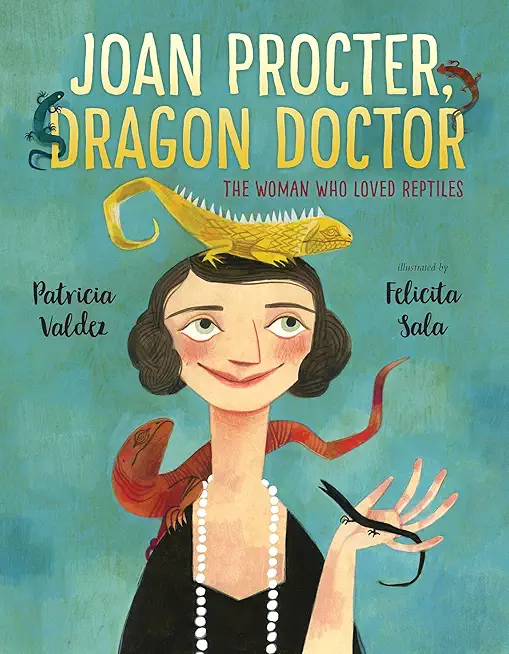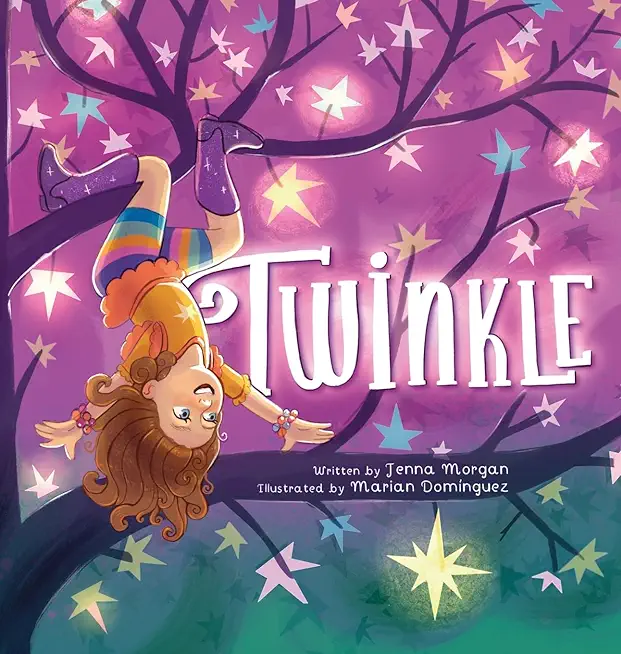
...and so, the Wind was Born is about a wind character who finds healing in the many forms of love; self, romantic, friendship, communal, familial, and spiritual. The main character, is the personification of a queer, gender fluid, poet and artist healing from their trauma. This individual discovers that they are wind and wonders what type of wind they are. Are they destructive like a hurricane or gentle love messages in a breeze? This character begins to think about how the wind might also be their love interest, Mon Coeur, because they feel the wind around them every time Mon Coeur is near.
The two wind characters begin self discovery outside of their trauma, but the Main character is struggling to let go of the past and searching the present for love. It takes this character a while to get past the desire and need to be accepted by others to feel validated. The main character feels they destroy everything in their path--especially love-- because they fear not being good enough or strong enough or loving enough, but after many tries comes to find that she/he is more than the wind--they are love--and it is important to free themself. They discover who they really are beyond titles. It is by stripping away titles that they find that there is something much deeper and more powerful than romance, but friendship, and sangha.
The trials and tribulations of the two characters show us how love not only heals two people in a relationship, but can extend beyond self and couples, and evolve into family and community. Which allows the main character to eventually discuss their desire to help heal the world around them through love, friendship, community, and
connection.
This book of poetry shows us how love is an ouroboros, constantly reshaping our love for ourselves and others and making room for more-it is limitless and ineffable. It shows us how we are all connected and that love of self is love for others, and vice versa. The wind character Mon Coeur teaches the main character that love is how we survive and strive through the liminal. She teaches us that endings are beginnings, and that life has just begun.







